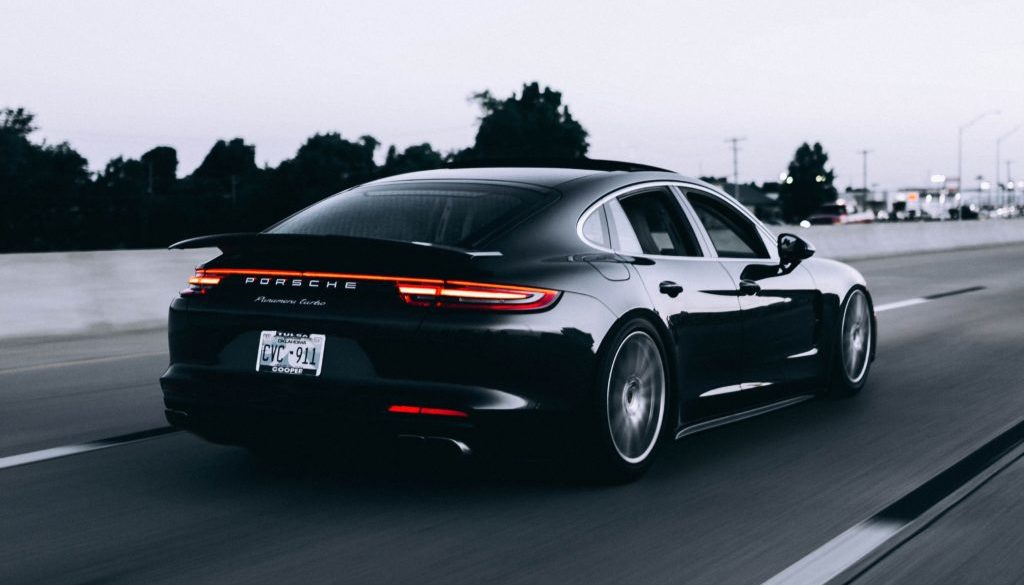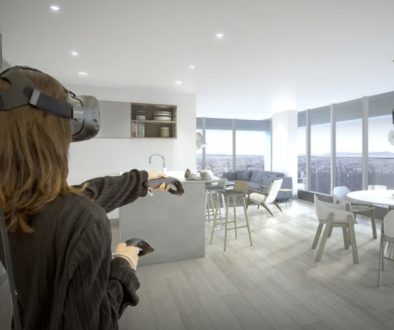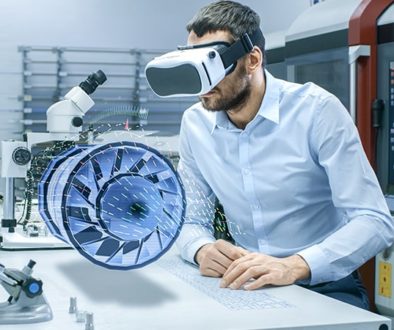Virtual Reality is Game Changer for the Automotive Market: Chapter 2
Can VR and AR profoundly change the automotive market? According to ABI research estimates, global smart glasses freight for adoption in the automotive industry will hit 1.7 million in 2022. Many experts see virtual reality as a fast-growing landscape, soon to have its ‘breakthrough moment’ in the sun. From a retailing perspective, VR possesses strong values in marketing. Therefore once used in computer games VR products have become appealing to the automotive retail. The automotive industry is going through its own transformation as VR headsets and controllers start to enter dealerships, giving customers brand-new digital exploration options in their hands.
Marketing, Selling, and VR
With the advent of VR in marketing, car brands have started utilizing VR to enhance customer experience, and thus benefiting from aligning themselves with one of the most innovative and exciting technologies to date. What other technology can become such a powerful sales driver for a car dealership? Just imagine, you can provide experiences everywhere — in lobbies, customers’ living rooms, at events and support global car launches by using the power of virtual reality. By delivering a near-actual experience, VR completely eclipses general approach towards car marketing and becomes a genuine source of positive and a truly mind-expanding customer experience.
BMW is the brand which is rolling out this technology to leverage virtual reality cars tours so that clients could get the feel of new car models and even suggest modifications. German multinational company offers an app for virtual and augmented reality designed to allow you to select the exterior and interior, open doors and switch on the light. Besides, the app can even arrange a test drive. After such a wonderful adventure, participants just can’t but buy that car.
Another company called Infiniti allowed fans to experience a virtual car ride at an event at the NCAA Final Four last year. 50% of visitors signed up for future communications. This rate is far higher than the average rate for non-VR events, reported Allyson Witherspoon, director-marketing communications, and media for Infiniti USA. VR appeals to the customer’s emotions and helps dealers not to fail to meet the needs and expectations of the customers.
VR Driving Simulators
Virtual reality in driving is finally living up to the hype. Inspiring and practical use cases of VR application in test driving are emerging on a daily basis. Moreover, technology experts expect that we will see an increased focus on improving driving skills utilizing virtual reality.
Riding across the busy streets of a major city is risky. Motor vehicle crashes are the leading cause of death and allowing teenagers maneuvering around the city in rush hour can lead to the negative consequences. To make this situation safer some organizations are generating VR driving simulators, providing students with an opportunity to gain hands-on experience in driving and to learn about road safety precautions.
By wearing an HTC Vive headset learners can experience a simulation of the road and hazards, identify pedestrians, parked cars, and oncoming traffic. Toyota is one of the brands who has already adopted an idea to create a program that works to educate youth on safe driving by utilizing VR. The new Toyota driving simulator with Oculus Rift uses the virtual reality technology to educate the people about the dangers of distracted driving.
Ready to Use VR for Business?
VR is maturing and more and more companies are making their way onto the scene using this bleeding-edge technology. If you want to undergo the process of transformation and experience automotive VR capabilities, provide your customers with a one-of-a-kind virtual experience or just have a fresh business idea to implement, reach out to our experts at AVRspot today to discuss virtual reality opportunities and keep your business up-to-date.
Related: How Much Does VR Training Simulator Development Cost?





